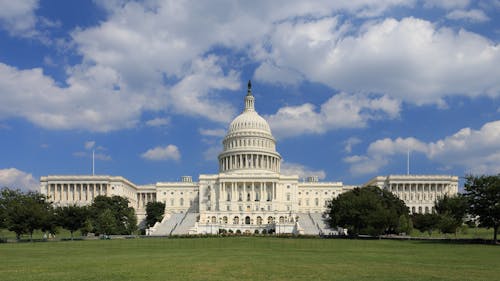U. expert explains potential government shutdown

Last month, Congress narrowly avoided a government shutdown with a last-minute deal to fund the government until November 17.
Ashley Koning, director of the Eagleton Center for Public Interest Polling, said a government shutdown occurs when Congress is unable to pass a funding bill before the end of the fiscal year.
If a government shutdown occurs, government employees deemed non-essential pause their work until Congress approves funding that reopens the government, she said.
Adding to the issue's complexity and the upcoming deadline later next month was the vote to remove House Speaker Kevin McCarthy (R-Calif). Congress is at a standstill until his successor is chosen, Koning said.
"Unfortunately, the election for (House Speaker) is clogging the House's ability to make progress," she said.
Even after the next speaker is selected, a funding bill will take long rounds of negotiation. Koning cited funding for Ukraine and border security as significant issues that should be resolved before government funding proceeds.
A shutdown would have a sizable impact on the economy, as it would reduce GDP growth by 0.15 percentage points for each week it lasts, according to Reuters.
The effects of a shutdown can have some impacts on the local, state and federal levels, including at universities like Rutgers.
"A government shutdown does not have a tremendously large impact on universities, but it can affect grants, funding, federal work-study and federal aid, as well as particular groups of students, like veterans and international students," Koning said.
A shutdown could also affect student loan borrowers. Federal loans would cease after a short period of time, according to NPR. Further, agencies that disburse student loans, such as Free Applications for Federal Student Aid, would be forced to cut down on their customer service.
Further, social wellness programs like the Supplemental Nutrition Assistance Program would have to cut back or cease operations, affecting students who rely on such programs, Koning said.
"Students come from so many different walks of life, so a number of students would undoubtedly be impacted directly or indirectly by a government shutdown," she said.



